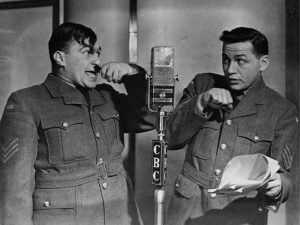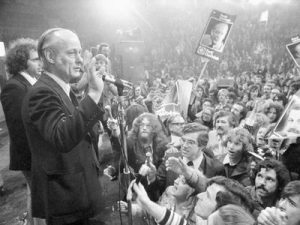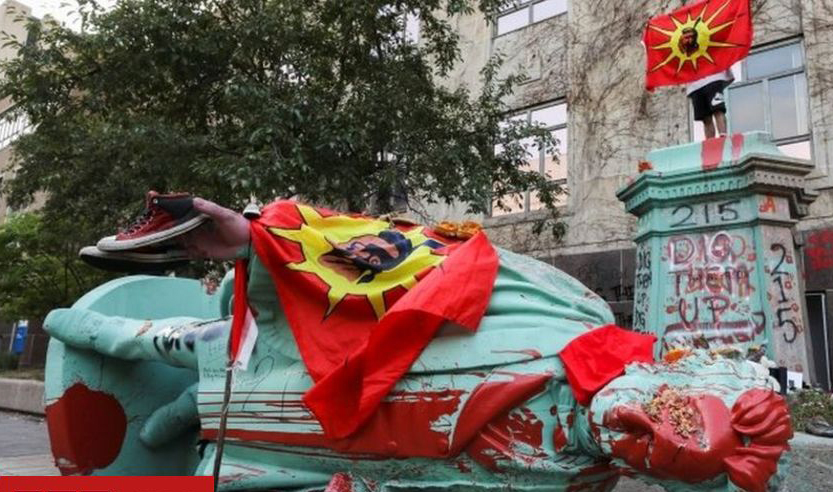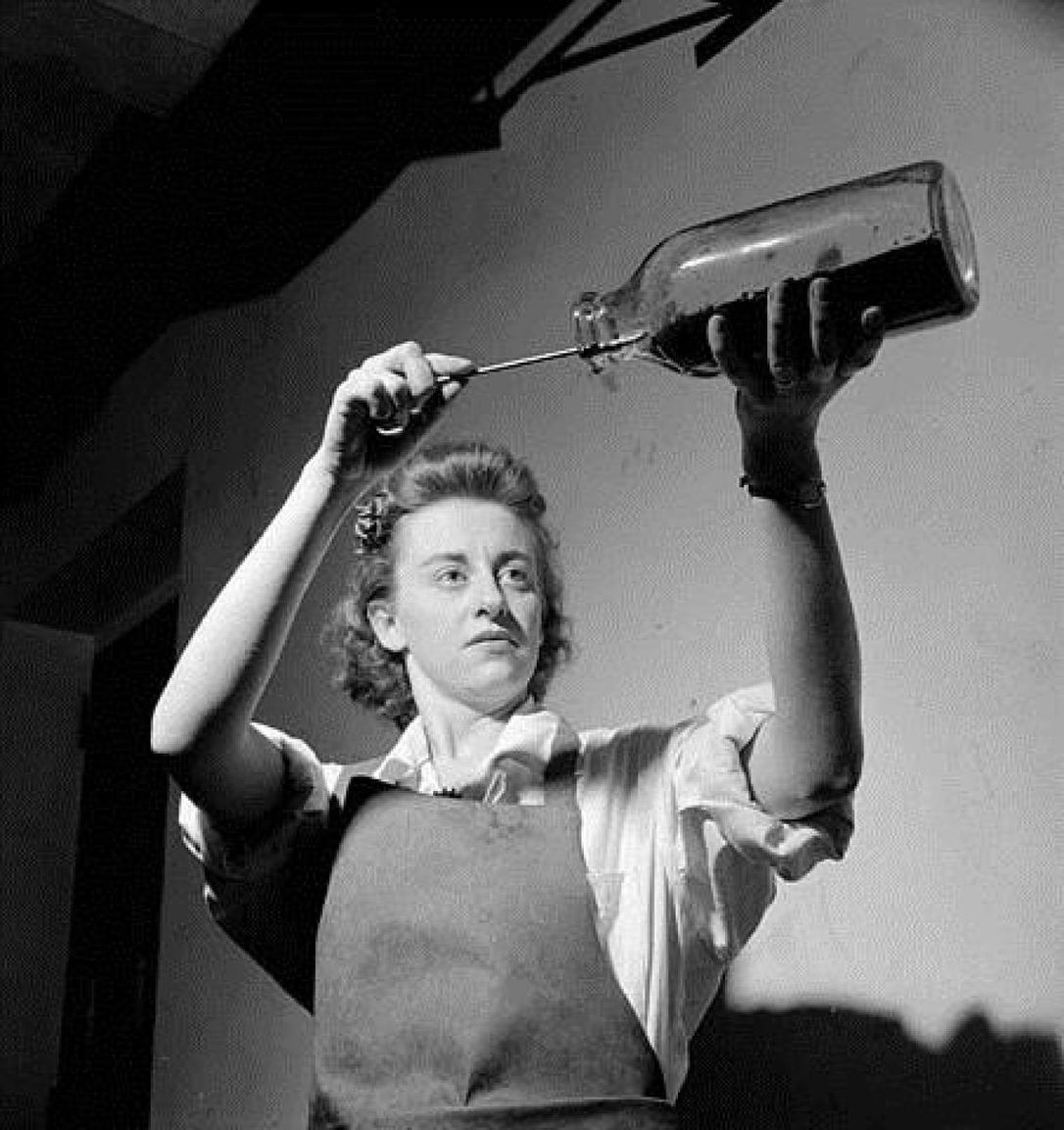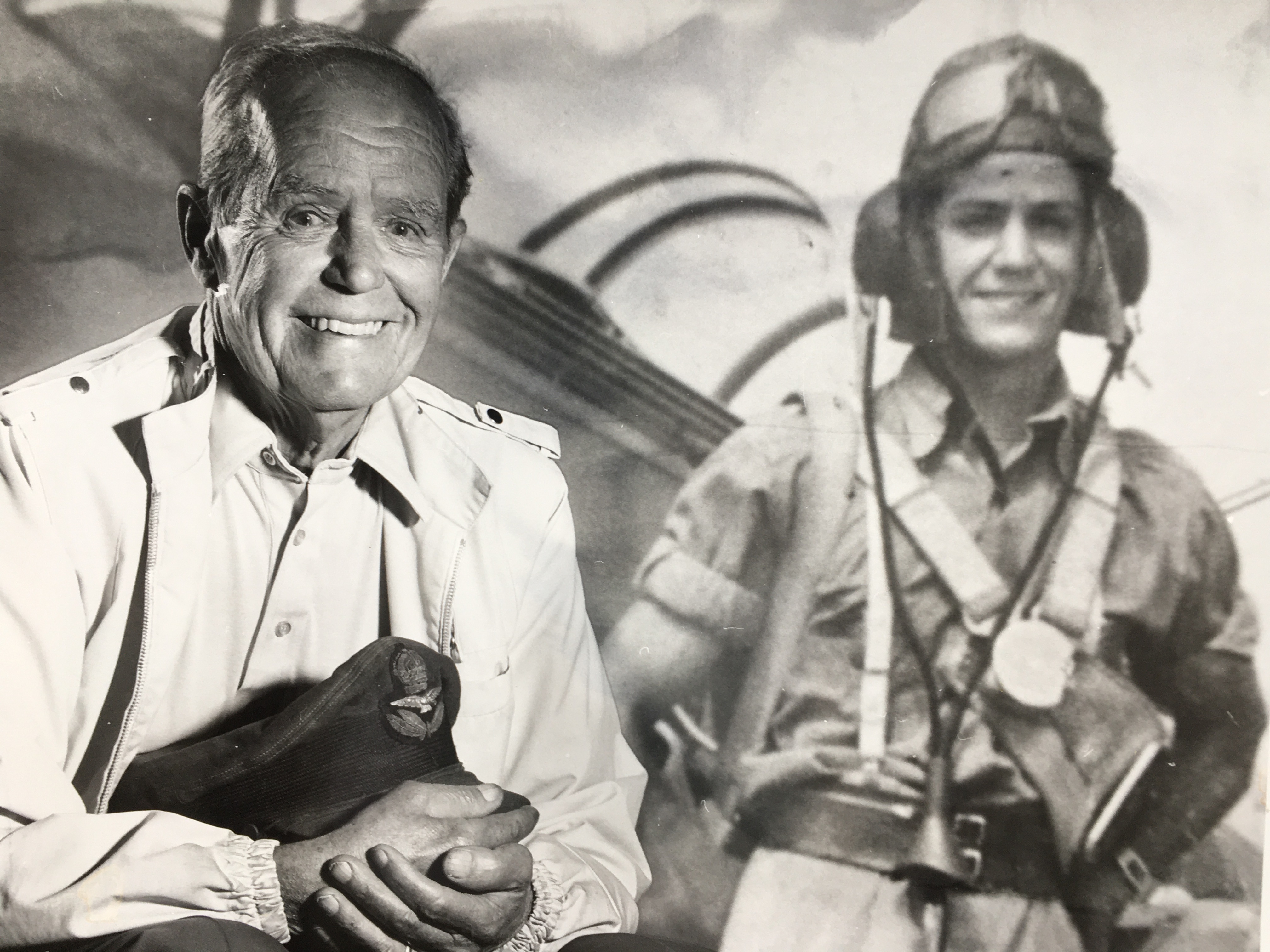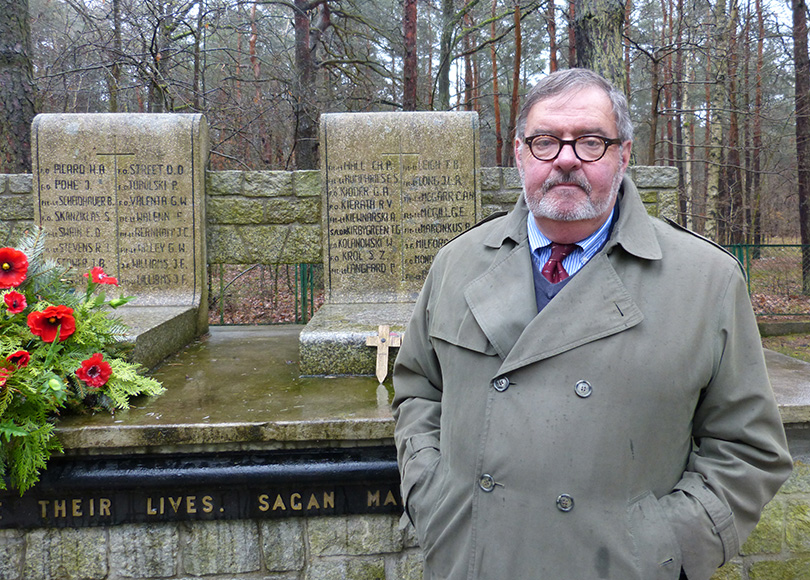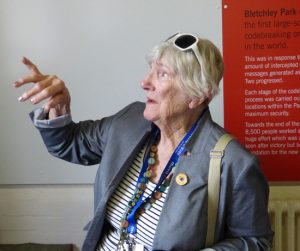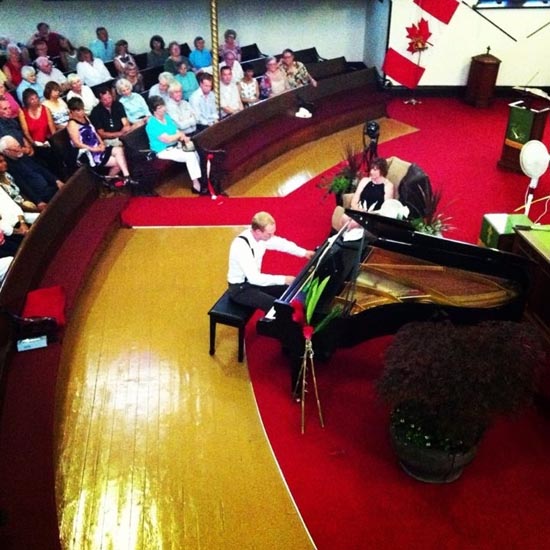
The public-speaking appearance was half done. At intermission, last Friday night in the central-Alberta city of Camrose, I sat at a table signing books and listening to feedback from members of the audience.
A woman approached; with her British accent she offered her take on the subject of my evening talk, the Battle of Britain. She was a child in London during the Blitz in the summer of 1940, when she said her father had served in the London fire brigade fighting fires German bombers ignited each night.
“When he came home in the morning after fighting fires all night, I remember his face was completely black with soot,” she said, then drawing imaginary circles around her eyes, “except the white around his eyes where he’d warn protective goggles.” (more…)
